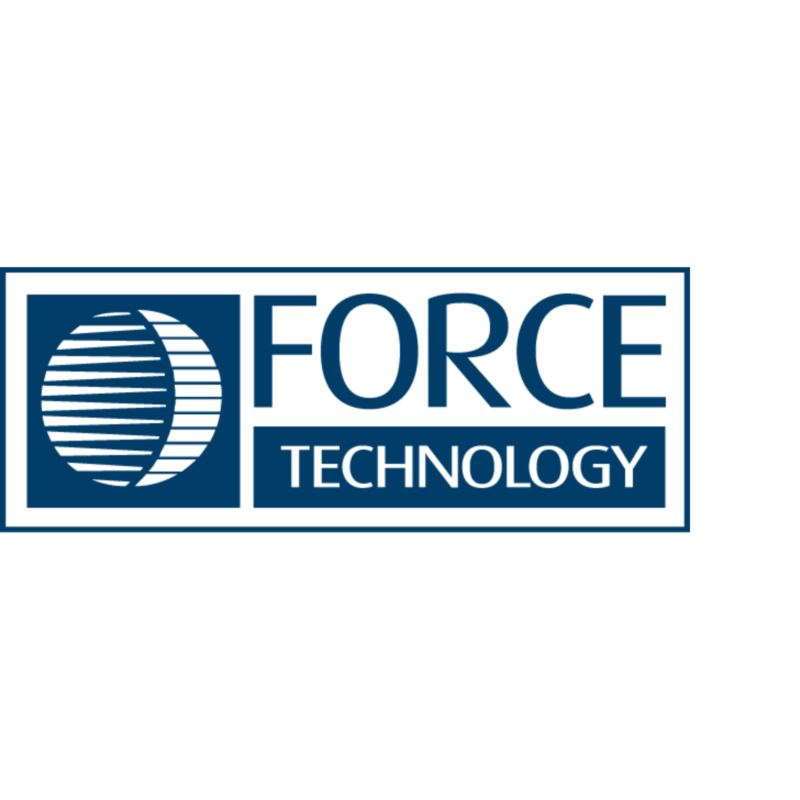We successfully completed our OPEN DEI project that laid the foundation for pan-European data spaces that are compatible and interoperable from the moment they are implemented. The project generated the position paper Design Principles for Data Spaces and the report “Building Blocks Assessment”.
Sylvia Castellvi explained how these key assets provide the guidelines for minimum behavioral framework implementation for data spaces considering open DEI building blocks. Chapter two of the paper describes a broad range of general building blocks that enable the technical, business, operational, and organizational capabilities of data spaces. The project achieved this by cataloging existing building blocks and experience, and by listening to the requirements and feedback from experts and others who have implemented data spaces in their own ways.
Building data spaces together: OPEN DEI and DSSC
The results are now being handed over to the Data Spaces Support Center (DSSC) so that they can be complied into what we can think of as a blueprint for data spaces: a toolbox providing all the components needed for domain-oriented data spaces to take root in the EU data economy.
Antoine Garnier outlines the goal of the support center: “The mission of the DSSC is to create transparency and become the one-stop shop for data spaces in Europe; to share knowledge and provide expertise to support the deployment of data spaces.” The DSSC will address questions like: How do we build and grow data spaces? How do we support existing ones? One of the first steps in this direction is the publication of the ‘Starter Kit’ for Data Spaces.
From concept to reality
The awareness of data spaces and their importance has grown significantly. We went from the data spaces concept to big data spaces deployment. IDSA CEO Lars Nagel declares “We have proven that the concepts are needed, that they are ready and that they work. Now we need to put them into action.” This work is having a major impact on governments, businesses, and the European Commission.
IDSA is on its way to a global standard – bringing the concept of IDS into reality. And the global collaboration with Japan, the US and China shows that this is not only a European endeavor. It has become a movement with many actors around the world.
Certification launched
The IDS concept describes a common framework which all the partners in that space can trust to handle their data. It’s open, decentralized, agile, and secure, the ideal solution to the burgeoning data economy. But how exactly is this level of trust earned and maintained? The answer lies in the certification of the data space’s ‘components’, in particular the data connectors.
Sonia Jimenez looks back at the Hannover Fair 2022 when IDSA launched IDS Certification – an important step for organizations looking to ensure the security and functionality of their data space components. Now six certification candidates are on their way to IDS Certification after applying for this IDS Certification Award. Big companies such as T-Systems and startups like Tech2B have their connector ready and evaluated, organizations from Italy to China are among these pioneers.
Knowledge and implementation
IDSA’s list of core deliverables is long: Reference Architecture Model (RAM), testbed, minimum viable data space, rule book – to name just a few. Because how do you pilot data spaces? You collect knowledge and practical implementations. “There is nothing constant but change” CTO Sebastian Steinbuss says. And most of the deliverables are on GitHub – like the new RAM for example. It is open for everyone and invites contributions. It is a way to learn from each other. After reviewing and approving any change suggestion we will publish again, and the circle of improvement and continuous growth can go on.
New is also our monthly data connector report. The first issue in November listed 16 different working connectors. This gives us all an overview of what is happening and what is changing. There are now open-source connectors with extensions and customization in the list. Publishing monthly ensures that any changes will be reflected.
Data spaces radar maps use cases
The data space radar was presented by Christoph Mertens, Head of Adoption: a tool to depict and locate 79 (!) use cases and data spaces. “There are data spaces out there – alive and kicking” says visibly pleased Christoph Mertens, head of adoption. Inspiring data sharing success stories from different domains are visualized in the radar. Learn how others did it! And tell us about your use case or data space – become part of the community.
And more help is available now: guidance and consultation from data space experts. IDSA is preparing to connect data space experts with organizations or projects who need some support on all technical aspects of data spaces – from infrastructure to connectors, support in designing and selecting the data space components and the technology that is right for your use case or data space. But there are not only experts who provide technical support but also business experts and soon legal experts.
IDSA in Japan
In fall 2022 two members of the adoption team visited Japan to promote collaboration. They met with various companies, research institutes and IDSA’s Japanese equivalent, the DSA (Data Society Alliance). Japan is one of the most interesting places when it comes to data spaces outside of Europe. The Japanese company NTT, an IDSA member, is the provider for essential services for data spaces in Japan. Overall, there was a lot of interest in the concept of data sovereignty and in developing solutions to connect existing data spaces as well as an eagerness to work together. And we were promised a return visit soon!
This was 2022 and 2023 looks already very promising. Our CEO Lars sums it up nicely: “The core task for 2023 is adopting, bringing data spaces on the road, making data spaces happen.” Join us in this important and exciting endeavor!









